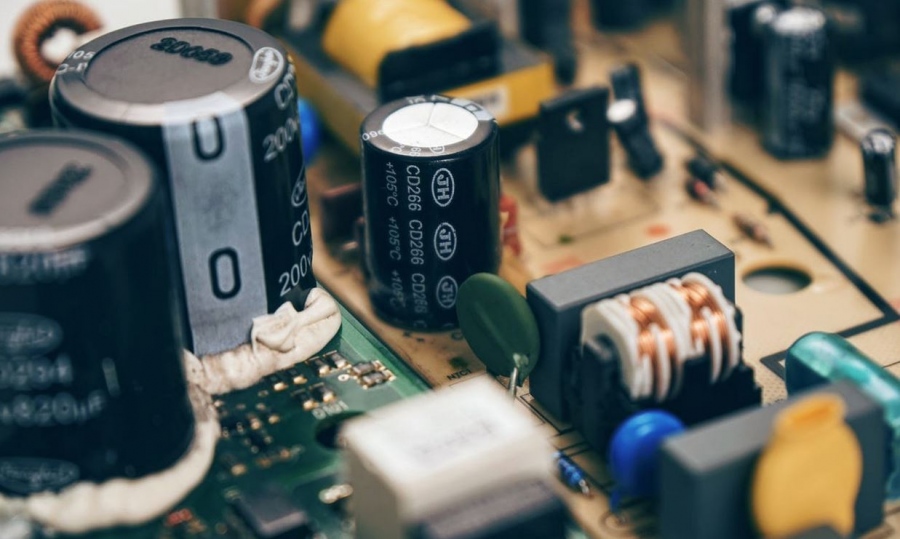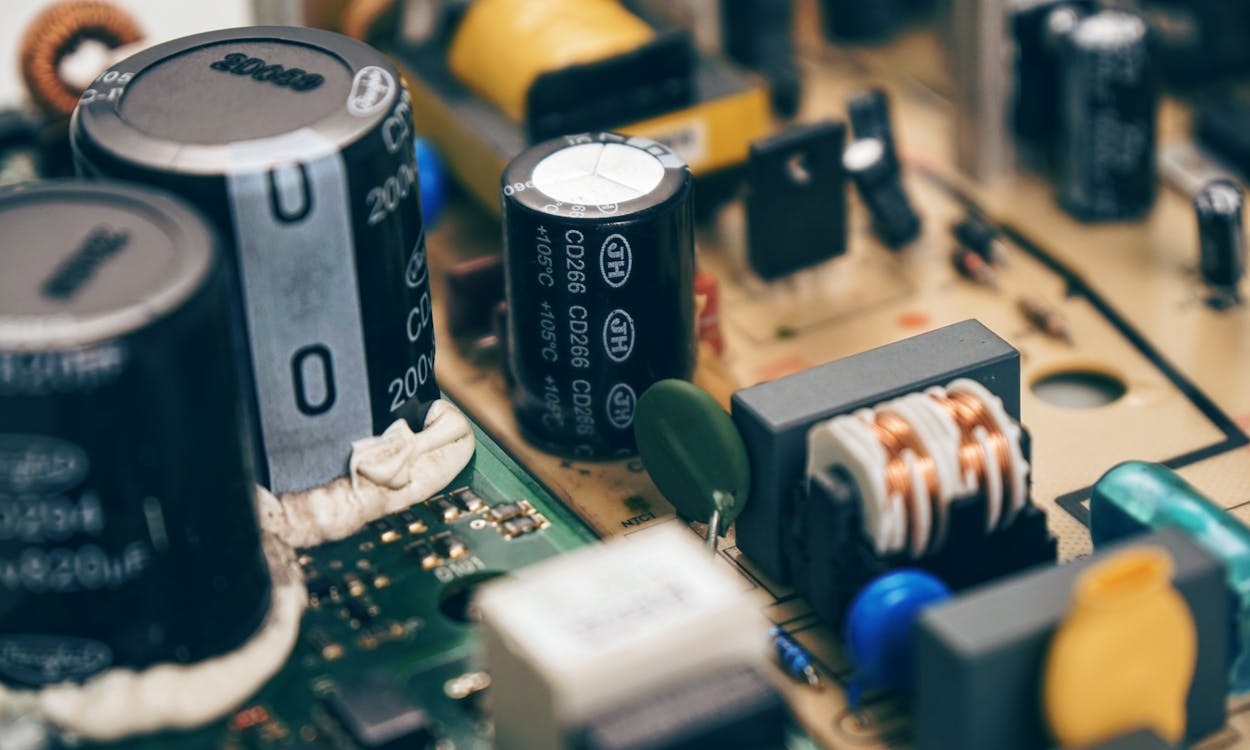How To Avoid Electrical Shock In Your Home

Electricity flows toward the earth or the nearest ground point, and will pass through any conductive materials such as metals, liquids, and human flesh. Electric shocks can be a serious and even fatal hazard if your home’s wiring isn’t kept in good repair or you don’t take proper precautions. Here are some ways to lower the risks of shock to your family.

Before you make any changes in your home, familiarize yourself with its wiring. Identify all outlets and switches, and make certain that everything you plug in, and even the light bulbs you buy, are safe to use in your outlets. Find the circuit panel and be sure that every fuse or breaker is clearly labeled for the area of the home it affects, especially the main breaker switch. Point this out to other members of the family so they know where to shut off the power in emergencies.
Ensure that all of your outlets are in good shape. Even a cracked cover may come apart and expose wiring. If an outlet feels warm or gives off a buzzing noise or burned odor, don’t use it. Call an electrician and have it checked. If you have small children in the home, use safety outlets and outlet plugs to keep small fingers away. Never overload an outlet; if needed, use external power strips that have a built-in circuit breaker. Be sure that outlets in kitchens, baths, or outdoors are ground fault circuit interrupter (GFCI) outlets, which also cut off power if abnormal electrical current is detected.
Inspect your home for potential shock risks. This can be worn or frayed electrical cords, such as extension cords or the power cords of any device or appliance. Don’t leave cords exposed in areas of high foot traffic. Do not leave open sockets in lamps or fixtures. If you have devices or appliances that smoke, spark, buzz, short-circuit frequently, or function erratically, unplug them and don’t use them until they’ve been repaired or replaced. If you operate your own business, it’s best to have a commercial electrician come in and inspect the wiring throughout your shop.
Water and electricity are a dangerous combination. Don’t trust even GFCI outlets to protect you. Never use electrical devices near running or standing water, including pools of water outdoors. Store all electrical equipment that isn’t being used where it will stay dry. Never plug in anything that’s been recently exposed to water. If you’re doing dishes or cleaning, unplug any nearby devices in case you spill water.
Some electrical repairs are simple, such as replacing outlets or switches, so long as you follow instructions and turn off the power first. For major repairs or situations you’re not comfortable with, call an electrician rather than take the risk.
